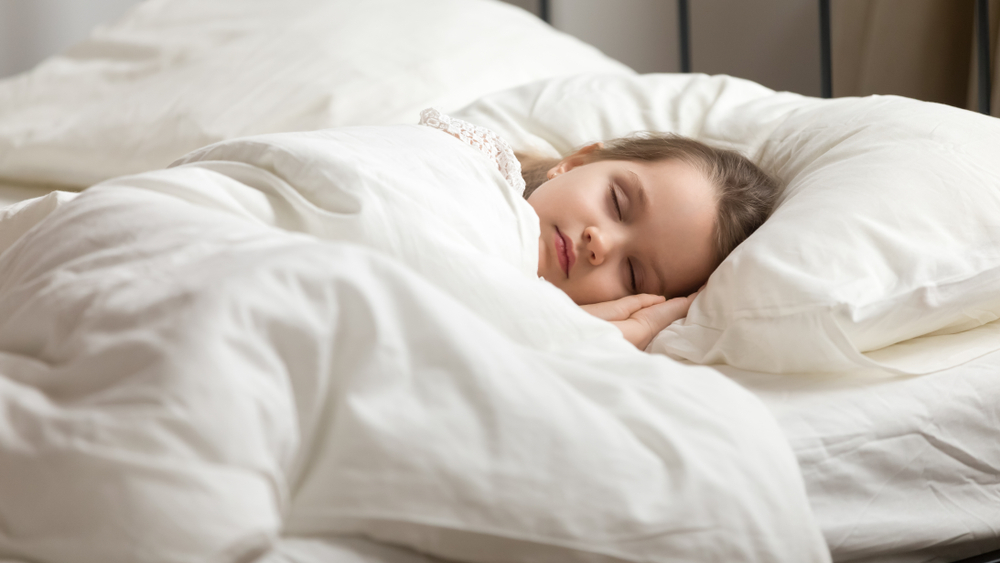If your child has been diagnosed with ADHD, you may have noticed that they are also struggling with sleep problems.
Many children with ADHD also experience restless sleep. What is the connection? And what can be done about it? Read on to find out more about the connection between ADHD and issues like sleep apnea.
Is there a connection between snoring and ADHD?
If your child has particularly large tonsils and adenoids, they may be struggling with a partially blocked airway at night. This type of blockage can result in snoring, as well as poor quality sleep. When children experience disrupted sleep for long periods of time, attention problems may become an issue. In fact, some research shows that snoring tends to be more common in children with mild ADHD than in children without ADHD. Some studies also find that children who snore generally score lower on certain tests, including those related to attention and language ability. Although further research is required, some researchers believe that the surgical removal of enlarged tonsils and adenoids may help to improve sleep, as well as behavior, without the need for medication in some cases.
How does sleep apnea affect children?
Children with sleep apnea experience brief but frequent episodes in which their breathing is disrupted throughout the night. The condition is most commonly caused by enlarged tonsils and adenoids, although allergies can also be a contributing factor in many cases. Because their sleep is disrupted, children with sleep apnea often feel tired and drowsy during the day, which can also result in difficulty concentrating, as well as behavioral issues.
How can I help my child get a good night’s sleep?
If your child has been diagnosed with ADHD, there are a number of things you can do in order to help improve the quality of their sleep. Try and be consistent with their bedtime routine and waking times, and ensure that the conditions of their bedroom areas conducive to sleep as possible — try and keep the room as dark as possible while they are asleep, and use a white noise machine if your child is particularly sensitive to sound. Regular exercise is helpful in promoting good quality sleep, and it is also a good idea to avoid too much TV and other forms of screen time just before bed.
If you suspect that your child is suffering from a sleeping disorder, such as sleep apnea, we highly recommend that you bring them in to see us for a consultation. We will confirm the diagnosis and recommend a suitable course of treatment based on your child’s particular needs.
How can we help?
Fortunately, sleep apnea can generally be treated in children, often with the removal of the tonsils. If you think that your child’s behavior could be linked to an airway restriction, we encourage you to complete our children’s airway questionnaire to see if you should consider referring your child for a sleep evaluation.
It is very important that children’s airway problems are recognized and treated as early as possible, so we recommend that you bring your child in to see us if you have any concerns. When left untreated, issues can develop and become more difficult to treat at a later stage. Our team offers a range of treatment options and we encourage families to attend regular wellness check-ups to ensure the wellbeing of their children. To find out more about children’s airway concerns and what causes them, please have a look here.
If you would like to make an appointment to see us, please don’t hesitate to get in touch. Our team understands the importance of early treatment for airway restriction, and is committed to providing top quality care for the whole family.
